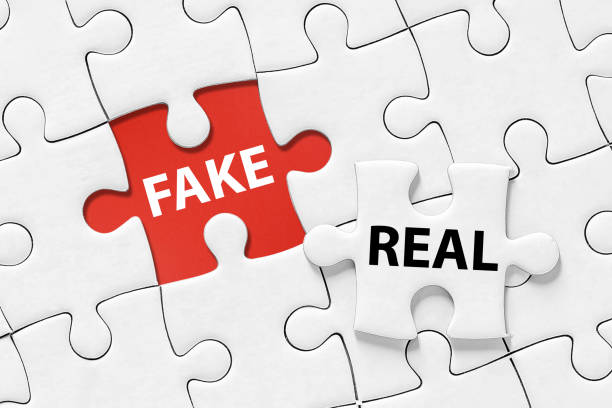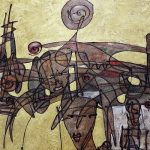Ugandans are known globally as some of the most wonderful people – at least that is what most people say. If you went around the world asking what people thought of Ugandans, there would be a somewhat unanimous consensus that we are an easy-going lot. We are not aggressive and loud like Nigerians and neither are we as boisterous as say the Kenyans or South Africans. We are just us. The positive about this is that we easily get along with anyone and we try not to complicate life.
The downside to being easy-going is that we often end up settling for standards that are way below what we deserve; some might even say we are push-overs.
And this is why you will often come across poor service delivery and counterfeit products in the Ugandan market. Ugandans will very rarely complain about poor services or counterfeit products because we are not exactly confrontational. That, and the fact that we are not entirely aware of what exactly good standards look like.
Something drastic has got to happen otherwise we are destined for doom. The mediocrity we have immersed ourselves in can only lead to disaster.
Before you call me a prophet of doom, allow me explain.
You see, this past weekend, the world commemorated World Consumer Rights Day. It would have been incumbent upon us as a country to embrace this day and do the most to spread awareness about what quality services and products look like and why we should insist on them. Sadly, as one might expect, not much noise was made – if any. In fact, the vast majority of Ugandans have probably never heard of such a day.
Every year, on 15th March, the world comes together to raise awareness about consumer rights and needs. On this day, it is expected that we remind each other that our rights as consumers must be respected and protected. On World Consumer Rights Day, it is also expected that we as consumers rise up and protest against market abuses and social injustices that undermine the rights that are due to us as consumers.
The theme for this year’s commemoration was A just transition to sustainable lifestyles. It basically focussed on the urgent need to make sustainable and healthy lifestyle choices available, accessible, and affordable for all consumers – while ensuring that these transitions uphold people’s basic rights and needs.
In typical fashion, the day almost went unnoticed by most Ugandans despite the fact that there are more Ugandans today suffering from diseases and complications caused by poor quality and counterfeit products than ever before.
Out of every 10 products in the market, about six are estimated to be counterfeit. With such dangerously worrying numbers, it goes without saying that priority must be on ensuring that the market-place is thoroughly cleaned to rid it of counterfeit products otherwise the population is in trouble.
Obviously, the process of ridding the market-place of counterfeit products is a tad difficult and can not be done by one person, institution, or entity – there is need for all stake-holders to chip in.
First, the consumers need to wake up and begin to identify and report products in the market they think are fake. Second, manufacturers must be ready and willing to open channels of communication so as to let the public know the genuine products they must purchase. Third, regulators and authorities need to be fully equipped with mechanisms to follow through and prosecute all those dealing in counterfeit products. And finally law enforcement should be swift and non-discriminatory when dealing with counterfeiters.
The biggest challenge would be how to get all these stake-holders on the same page.
Fortunately, there is a platform that offers an intersection of all these stake-holders. The Bleep App is a revolutionary multimedia platform that is designed to help deal with the problem of counterfeiters. It basically empowers consumers to report any products they suspect are counterfeit or substandard. The process enables verification and correcting action to be carried out by the brands in question, the regulators responsible, the law enforcers in charge and other market players who may be concerned. It is a melting pot of all actors in the marketplace.
Currently available on the Google Playstore (coming to the Apple Store soon) and created by the Anti Counterfeit Network, the Bleep App has an online community data repository through which it supports anti-counterfeit programs and offers brands an opportunity to show their customers what authentic products are.
Once you download the app, you are able to take a picture of the item you suspect to be counterfeit and then report it. Through the Bleep App platform, the different brands are able to identify what products might be having questions and offer customers clarity by verifying whether or not the products reported are indeed counterfeit. They would then offer solutions on how to deal with the issues and then show customers what the genuine products look like and where they can be gotten.
As a result, regulators are also able to follow up and get to the bottom of any and all cases of counterfeit that are reported.
It is basically a platform that will give consumers the much needed power to demand quality from brands and it will give brands the authentic endorsement they may need to prove to the public that they are genuine.
Download the Bleep App and try it out as we work towards bringing an end to the mediocrity that lingers within us as a nation.
This post was created with our nice and easy submission form. Create your post!





